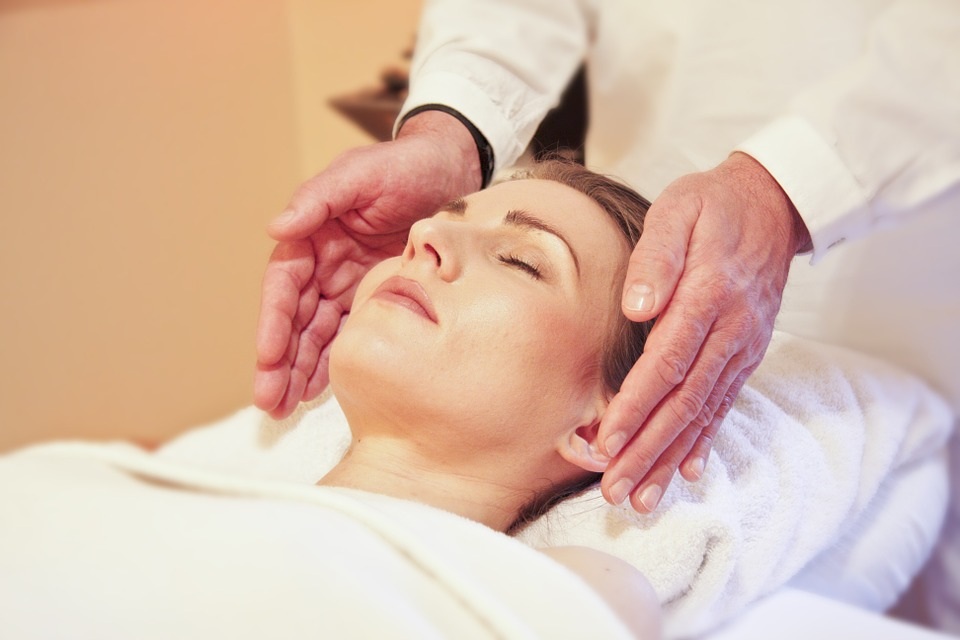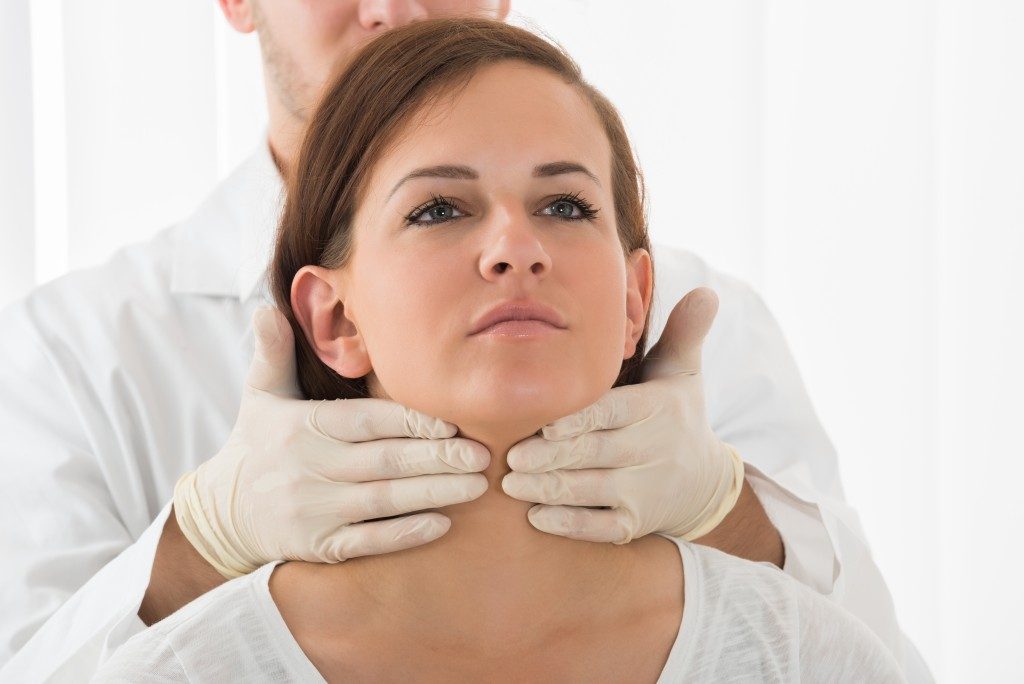Unlike yoga, acupuncture, and homeopathy, there’s very little evidence and studies to suggest thatreiki is an effective form of healing. While the practice of reiki has been growing for a long time in the United States, there’s still a lot of debate on whether or not it’s actually effective.
The United States Conference of Catholic Bishops, for example, banned the practice of reiki in Catholic health care facilities and retreat centers because it was neither faith healing or based on scientific and medical research. It was declared a superstition and removed from Catholic centers in 2009, however, everyday Catholics are still practicing reiki, some even training to reach higher levels.
But what is reiki, how does it work, and could it be effective in ways that science can’t measure? We explore all these in this article.
What is Reiki?
Reiki is a form of alternative medicine which supposedly heals people through energy healing. Reiki practitioners believe that there is energy all around us, but some of the energy gets imbalanced in our body, resulting in ailments and disorders. Using their palms, which supposedly have universal energy, they channel the energy and restore balance, which results in emotional and physical healing.

Unlike yoga and acupuncture, which have shown scientific effects on the body, reiki is based on the idea of a universal life force, or gi(“chi”), which can’t be proven by science. As a result, it’s labeled as a pseudoscience – a concept that uses scientific terms but really has no scientific basis – and a placebo – an idea that makes people think something is effective even if it really isn’t.
Reiki can be traced back to the early 1920’s in Japan. Its founder, Mikao Usui, taught reiki to over 2,000 people, who would then go on to bring reiki to the United States, where it has flourished in several areas.
The idea of reiki traces back to vitalism, the idea that living beings are moved by energy that non-living things have. Our qi can be manipulated by practitioners to supposedly treat diseases, though there is no medical research to support this claim.
Benefits of Reiki
Once practitioners permeate their energies into our bodies, people may start to feel the energy balancing itself. It’s supposed to help the natural healing process of our bodies for all conditions, including physical, mental, emotional, and spiritual. It relieves people of stress and is supposed to be intensely relaxing. Furthermore, practitioners claim it can treat diseases such as cancer, heart disease, mental health illnesses, infertility, chronic pain, autism, and more.
Becoming a Reiki Practitioner

There’s no educational attainment required for people to become reiki practitioners, as long as they pass certification from many reiki training centers available. There are three levels of reiki training, which is said to be a more powerful spiritual experience than the last and is meant to tune the students’ energy and teach them how to control it.
Students learn about the energies surrounding the body, how to release negative emotions, and how to work with clients requesting for healing sessions. Those that have reached reiki mastery can supposedly heal others even without placing their palms close to their clients’ bodies and can do so as a form of prayer.
The Science Behind Reiki
Despite this supposed list of benefits, there’s no scientific explanation behind reiki or if it’s even helpful for its users. While there’s no apparent harm in letting a practitioner put their hands over your body (reiki can be done fully clothed, since the palms aren’t supposed to touch the body), but there’s danger in telling cancer patients to forego scientifically proven chemotherapy over letting a reiki practitioner put their hands over your body for half an hour.
Those that insist on the benefits of reiki over medicine are called frauds, while advocates claim the effects of reiki are real but difficult to prove through scientific study. However, in the few studies that looked at reiki, there’s one way we can look at it and call it effective: through the use of placebos.
Two studies in 1999 and 2017 looked at reiki as an effective placebo. For those of you who don’t know, a placebo is a substance or treatment where doctors and practitioners know that there really is no medical value to it, but it helps the patient feel better and think that it’s working.
Reiki as a Placebo
In 1999, scientists published in the Journal of Alternative and Complementary Medicine found that reiki’s results cannot be measured in scientific amounts, only in anecdotal instances. It begs the question if reiki can be used for placebo treatment, and they found that reiki was an effective placebo since patients couldn’t tell the difference between reiki and treatment. In the same vein, a 2017 study suggested that reiki was an effective placebo that could be used as a complementary therapy to medicine.

And while scientists can’t get conclusive results, the anecdotes of people who have undergone reiki show that there is a mental belief that it does have effects. The University of Minnesota conducted an experiment with reiki patients who claimed that reiki has left them refreshed and relaxed. However, it’s possible that this may simply be because the reiki practitioner and the way they treat their clients have a soothing effect on the patients.
It’s likely that reiki isn’t going to cure cancer, but the whole session could make a cancer patient feel more at ease, which could help them cope with the pain of the disease and the treatment. Maybe it’s time reiki practitioners stopped claiming reiki was a cure-all, but instead was a way for people to relax and feel at ease while seeking medically-proven treatment.
Unlike other forms of alternative medicine with scientifically-proven effects on the body, reiki still does not have any scientific evidence of effectiveness despite being practiced for almost a hundred years. Maybe, instead of looking at it as an alternative medicine to cure all serious diseases, we look at it as a placebo that helps patients feel more relaxed and calmer.



